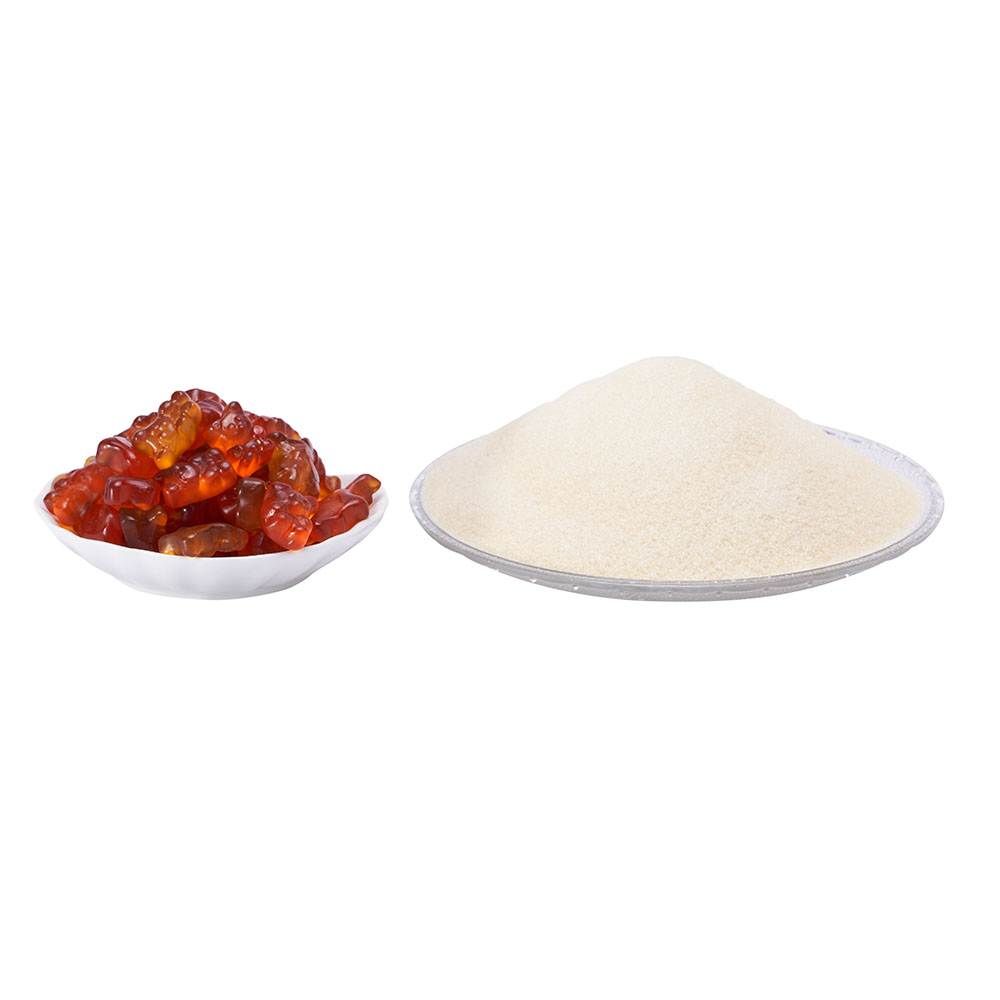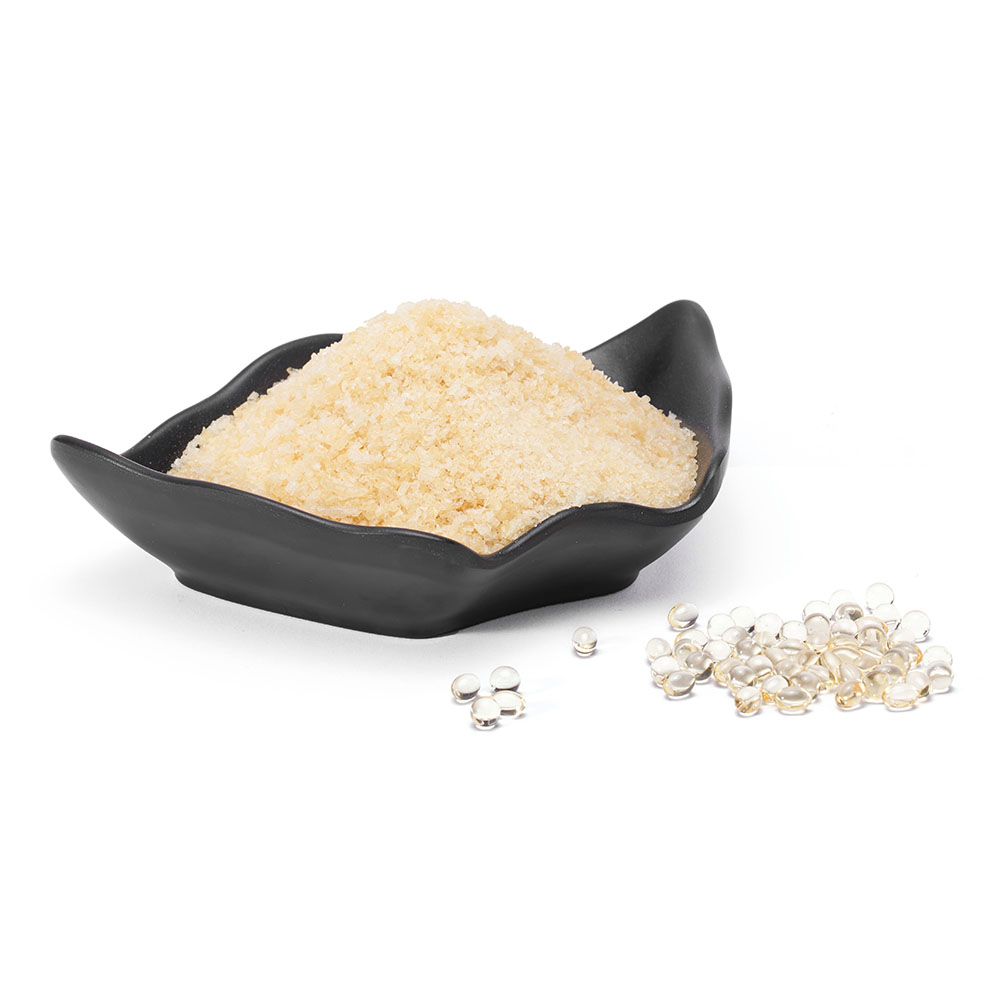Gelatin is a popular ingredient used in a variety of foods that we consume every day. It's a protein derived from animal collagen that gives foods like jelly, gummy bears, desserts and even some cosmetics their unique texture and elasticity. However, the source of gelatin is an issue for many people following a halal diet. Is gelatin halal? Let's explore the world of gelatin.
What is halal food?
Halal refers to anything permitted by Islamic law. Certain foods are strictly prohibited, including pork, blood and alcohol. In general, meat and animal products must come from animals slaughtered in a specific way, using a sharp knife, and by Muslims who recite specific prayers.
What is Gelatin?
Gelatin is an ingredient made by cooking collagen-rich animal products such as bones, tendons, and skin. The cooking process breaks down collagen into a gel-like substance that can be used as an ingredient in a variety of foods.
Is Gelatin Halal Friendly?
The answer to this question is a bit complicated because it depends on the source of the gelatin. Gelatin made from pork is not halal and cannot be eaten by Muslims. Likewise, gelatin made from prohibited animals such as dogs and cats is also not halal. However, gelatin made from cows, goats, and other permitted animals is halal if the animals are slaughtered according to Islamic guidelines.
How to identify halal gelatin?
Identifying halal gelatin can be challenging because its source isn't always clearly labeled. Some manufacturers use alternative sources of gelatin, such as fish bones, or they may label the gelatin source as "beef" without specifying how the animal was slaughtered. Therefore, it is imperative to research the manufacturer's policies and practices or look for halal-certified gelatin products.
Alternative Gelatin Sources
For those following a halal diet, there are a variety of gelatin substitutes available. One of the most popular substitutes is agar, a seaweed-derived product that has similar properties to gelatin. Pectin, a substance found naturally in fruits and vegetables, is another popular alternative to gelling foods. Additionally, some manufacturers now offer halal-certified gelatin made from non-animal sources such as plant or synthetic sources.
Gelatin is a widely used ingredient in various foods, cosmetics and pharmaceuticals. For people who follow a halal diet, it can be challenging to determine whether a product containing gelatin is halal. It's important to research the source of gelatin or look for products that are halal-certified. Meanwhile, alternatives such as agar or pectin can offer a viable option for those seeking halal options. As consumers continue to demand better labels and alternatives, manufacturers must adapt and provide more halal-friendly options for everyone.
Post time: May-17-2023









